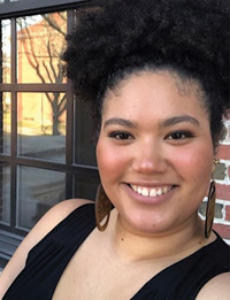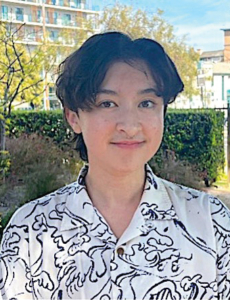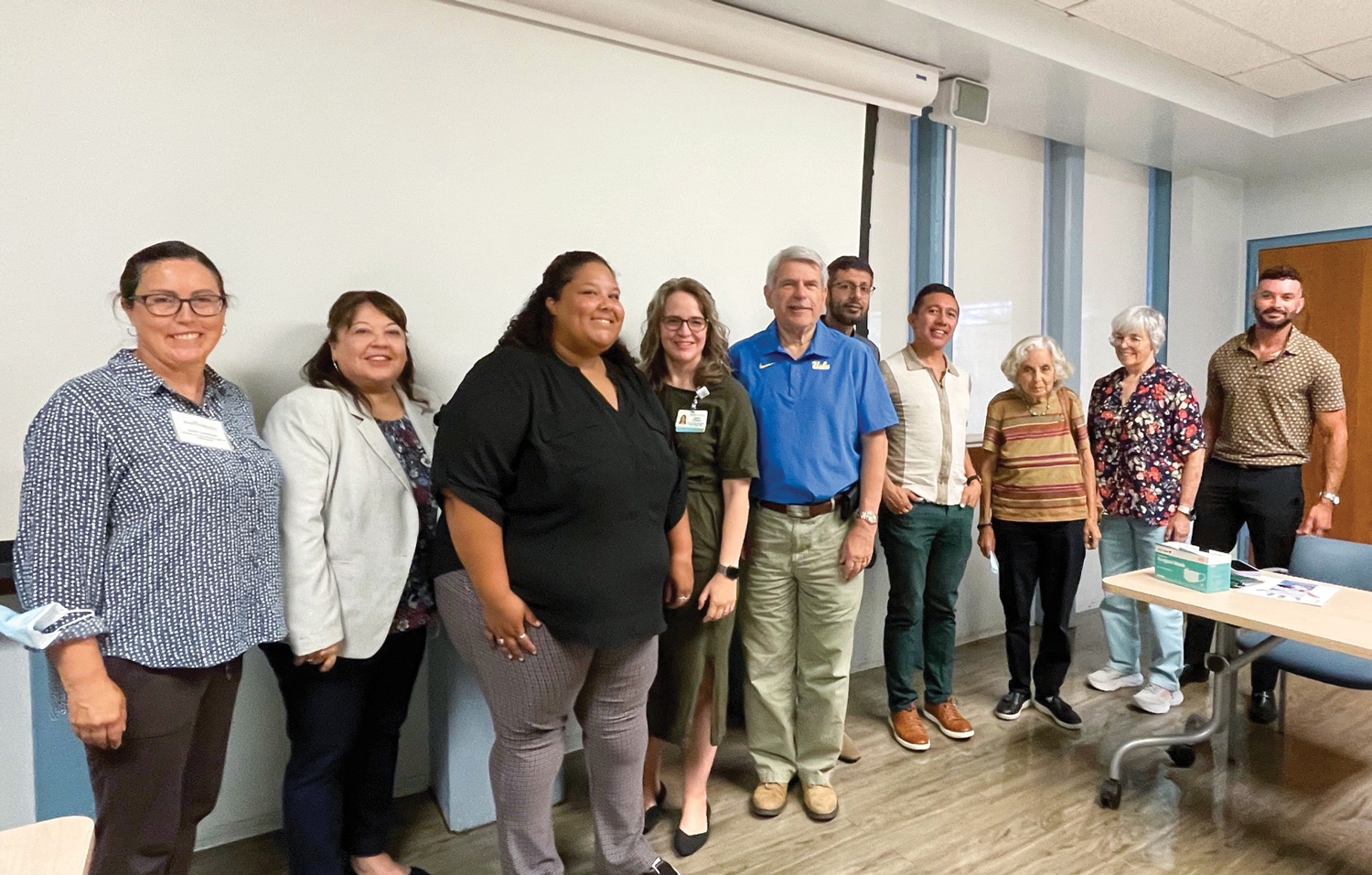Nine new members have joined the Luskin School Board of Advisors. Each of them brings a wealth of experience, a commitment to our mission and a passion for making
a difference in our community.
Alec Nedelman is a leading real estate lawyer and marketing and business development advisor.
Alex Johnson is the vice president of public affairs at Bryson Gillette.
Cecilia Estolano is the CEO and founder of Estolano Advisors.
Juan Aquino is the senior manager of community development banking at Capital One Bank.
Maria Mehranian is a managing partner and chief financial officer at Cordoba Corp.
Nicole Mutchnik is the founder of California Democracy Fund. She currently sits on the executive committee of the Women’s
Political Committee, the board of Civicas LA, the DNC National Finance Committee.
Ronald W. Wong is the founder and CEO of Imprenta Communications Group.
Todd Sargent is the global organization development executive at The Walt Disney Company.
Jill Black Zalben is involved in operations and management at Black Equities Group.
Farewell to departing board members Tracy Colunga, Ann Sinclair and Richard Katz, we extend our deep appreciation for their contributions.
LUSKIN EDI FUND OPENS DOORS TO ENRICHING SUMMER EXPERIENCES
The concepts of equity, diversity and inclusion (EDI) have reshaped the landscape of higher education across the globe. For UCLA Luskin graduate students, these principles influence their experiences, opportunities and overall academic journey, thanks to several initiatives that demonstrate the School’s commitment to EDI.

Cecilia Nunez
One such initiative is the Equity, Diversity and Inclusion Fund for Public Affairs summer award, which supports students so that they can take on unpaid summer internships.
Last summer, the award enabled MPP/MSW student Cecilia Nunez to intern at La Defensa, which advocates against mass incarceration and economic injustice in Los Angeles County. Nunez is also the recipient of the 2022-23 Graduate Opportunity Fellowship. She graduated from Harvard University with a bachelor’s in history and literature with a focus on Afro-Latin American studies, and previously worked as a pre-employment and transition facilitator at the Boston Center for Independent Living. Nunez’s goal is to build innovative policy and programming to empower and support Black and Brown communities and other marginalized groups.
Another UCLA Luskin Equity, Diversity and Inclusion summer award enabled MURP student Cass Wood to intern at the Los Angeles LGBT Center, a leading provider of services and support to queer and trans people.

Cass Wood
The UC Santa Cruz graduate in environmental studies joined the Luskin Urban Planning program to pursue research in hostile architecture and how socio-spatial injustice in the built environment perpetuates homogenous enclaves via spatial accessibility. Aside from urban planning, their research interests are gastro-imperialism and colonization.
The Luskin School’s EDI initiatives provide opportunities for students to share their perspectives in a diverse and inclusive environment and enrich their academic pursuits by challenging conventional wisdom and encouraging creative thinking. By empowering students and representing a wide array of voices, these initiatives have the potential to not only transform individual experiences but also contribute to the evolution of academia itself. As institutions continue to champion these values, they take a significant step toward a more just, diverse and vibrant educational landscape.

MSW student Savanna Hogan, third from left, leads a tour of her internship site.
YAROSLAVSKY FUND SUPPORTS STUDENT INTERNSHIP WITH VENICE FAMILY CLINIC
MSW student Savanna Hogan hosted a tour and lunch at the Venice Family Clinic, site of her summer internship made possible by UCLA Luskin’s Barbara Edelston Yaroslavsky Memorial Fund.
The clinic provides health services, ranging from dentistry to domestic violence intervention, to 45,000 low-income people annually. Hogan created materials to expand the advocacy infrastructure of the clinic, participated in various advocacy and policy committees, and engaged in visits with elected officials at National Health Center Week events.
“It has truly been such an incredible experience to be able to spend the summer working for a community health organization that has such deep roots and a rich history in caring for some of the most vulnerable populations living on west side of Los Angeles,” Hogan said.
Luskin School donors and guests from the nonprofit attended the site visit at the clinic’s Simms/Mann Health Center in Santa Monica. They included UCLA Luskin faculty member Zev Yaroslavsky BA ’71, MA ’72, who founded the Barbara Edelston Yaroslavsky Memorial Fund in honor of his late wife. Yaroslavsky told of his work on health care access during his tenure as an elected official in the city and county of Los Angeles, then led an engaging discussion about the history of funding local health care centers — including the Venice Family Clinic.
Hogan graduated from Cal State San Marcos with a bachelor’s in sociology and an emphasis in health, welfare and education. While she is pursuing her MSW at UCLA, she is also serving on the board of the Luskin Black Caucus and as a member of the Social Welfare Anti-Racist Committee.
Hogan aspires to help bridge the gaps of health inequities that marginalized people face through advocacy and practice. The site visit highlighted the importance of donations that fund student engagement with nonprofits, a critical component of the Luskin School, and build a bridge between academia and the real world.
“Community health centers will always have such a special place in my heart because they strive to be able to provide health equity and access for all, regardless of their socioeconomic status, immigration status or even their current housing status,” she said.



